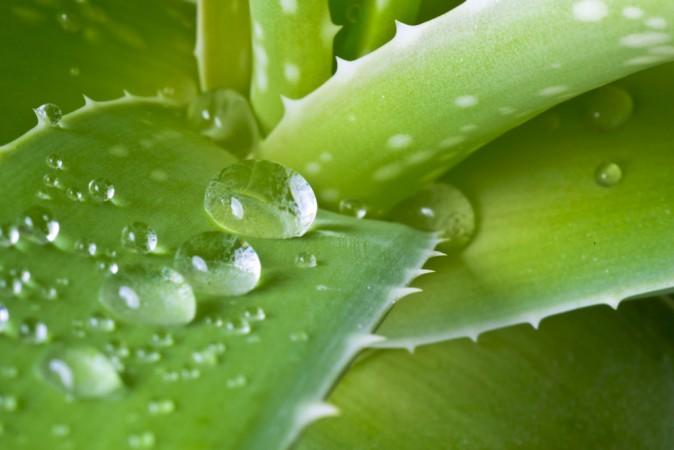We’ve all experienced burns… in the kitchen, on the beach… and if you’ve been lucky enough to have an aloe vera plant nearby, you may have experienced this popular soothing and healing remedy right from the source (commercial aloe vera topical preparations are also widely used).
Martie Whittekin, author of “Natural Alternatives to Nexium, Maalox, Tagamet, Prilosec & Other Acid Blockers: What to Use to Relieve Acid Reflux, Heartburn, and Gastric Ailments” as well as “Aloe Vera Modern Science Sheds Light on an Ancient Herbal Remedy
, joined me and Lisa Davis, my co-host on RadioMD, to give us the full scoop on aloe vera’s multiple applications. She recalled her own story of using aloe vera on a bad grease burn, and explained to us that the tissue healing and soothing relief of aloe vera that we see on the outside is just as dramatic on our insides too.
Since aloe vera is SO popular as an external remedy but seems less well-known as an internal supplement, I was curious to know if it’s safe to take aloe vera internally for a long period of time. According to Martie, “the question really is, is it safe in this environment […] to go day by day and NOT take aloe vera,” she teased. Aloe vera has been shown to have anti-inflammatory action, help improve immune function, heal the tissues of the intestines, moderate acid reflux, balance blood sugar and improve antioxidant levels in the bloodstream.
A particular benefit of aloe vera that interests me as a Holistic Nutritionist is its ability to relieve heartburn. Martie recommends drinking aloe vera juice if you suffer from heartburn as it soothes inflamed tissues and stimulates the repair of skin cells (undoing some of the damage of repeated bouts of acid reflux). It also provides nutrients, detoxifies the system, and provides an immune boost that can help the body overcome this uncomfortable condition at its root cause.
But don’t run over to your lovely little potted aloe and grab a leaf to add to your smoothie. Despite all of the amazing benefits of the juicy inner gel, the peel contains natural toxins that, if ingested, can make you very sick. Leave the production of drinkable aloe vera juice to the experts. I recommend buying a well researched product that is supported and designed to maximize performance. One of our sponsors, Lily of the Desert, conducted a study on their polysaccharide-enhanced aloe vera juice and the results showed a 20x increase in the absorption of vitamin C supplements when taken with just 2 ounces of their aloe vera.
Martie suggests the best time to take aloe vera is when we take our other supplements, “use it to wash them down.” It is definitely safe to take daily, even long-term, and its intrinsic health properties combined with its absorption-enhancing effects make it a daily must. If you’re wondering how much is too much, Martie tells us that a couple of ounces a few times a day is well within the realm of safety.
If you’re looking to enhance the absorption of your other supplements, reduce bouts of heartburn, and get a boost of all-natural plant nutrition, you can do it with one super plant - aloe vera.
This article was originally published on NaturallySavvy.com
*Image of “leaf of aloe“ via Shutteratock





